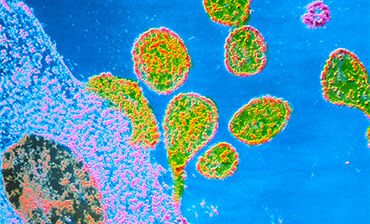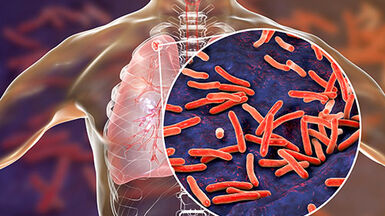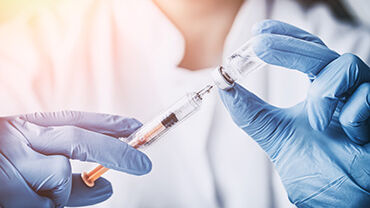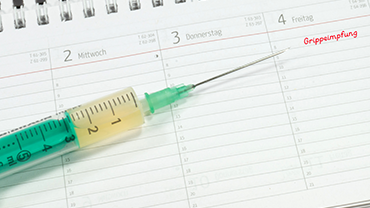Rubella (German measles)

Rubella is a viral infection. In healthy individuals, it is usually a mild disease (characterised by a fever and rash). It can be transmitted from one person to another through respiratory droplets, as the virus is typically found in the throat.
Key facts
Symptoms
Up to 50% of people infected with rubella do not experience symptoms. In symptomatic cases, after an incubation period of 2-3 weeks, when symptoms do occur, they include:
- red rash
- swollen lymph glands around the ears and the back of the head
- pain and inflammation of the joints in adults
In rare instances, complications like skin bleeding, brain infection, neuritis, and testicle inflammation can occur
Risk for people
Anyone who has not had the disease or who has not been vaccinated with the MMR vaccine is at risk of contracting rubella.
If a woman gets rubella during the first three months of pregnancy, it is very likely to result in miscarriage or a baby born with congenital anomalies known as congenital rubella syndrome (CRS). CRS can lead to deafness, cataracts and learning disabilities in the baby. Humans are the only source of this infection, making it crucial to take preventive measures and seek appropriate medical guidance.
How it spreads
Rubella spreads through direct contact or in respiratory droplets that spread through the air. The likelihood of transmission ranges from 10% to 30%, but this can vary depending on the immunisation rate within a population.
The period when someone with rubella can transmit the virus to others is approximately seven days before the rash appears, and up to six days after the rash onset.
Vaccination and treatment
The only protection against rubella is vaccination. In Europe, all countries typically provide immunisation against rubella using the MMR vaccine. Rubella does not have a specific treatment, so medical care focuses on managing the symptoms. If someone is suspected of having rubella and they have been in close contact with a pregnant woman, it is important to confirm the diagnosis through laboratory testing as soon as possible.
If a pregnant woman who has been in contact with a confirmed rubella case has a history of two documented rubella vaccine doses, at least two previous positive rubella antibody screening tests, or one dose of the vaccine followed by a documented positive rubella antibody test, further investigation is not typically necessary, but she should seek medical attention if a rash develops.
Protective measures
There is no specific cure for rubella. Treatment focuses on relieving the symptoms.







